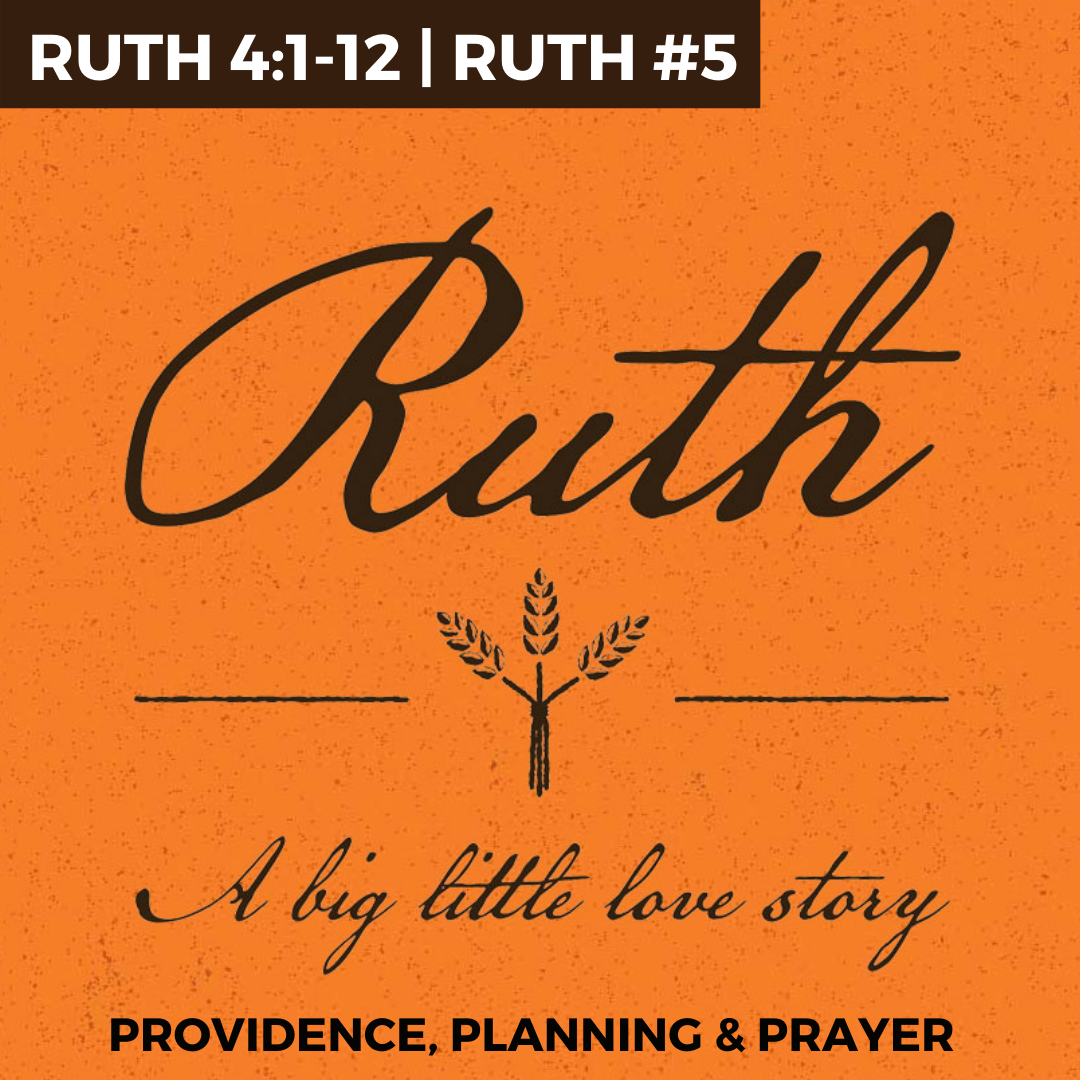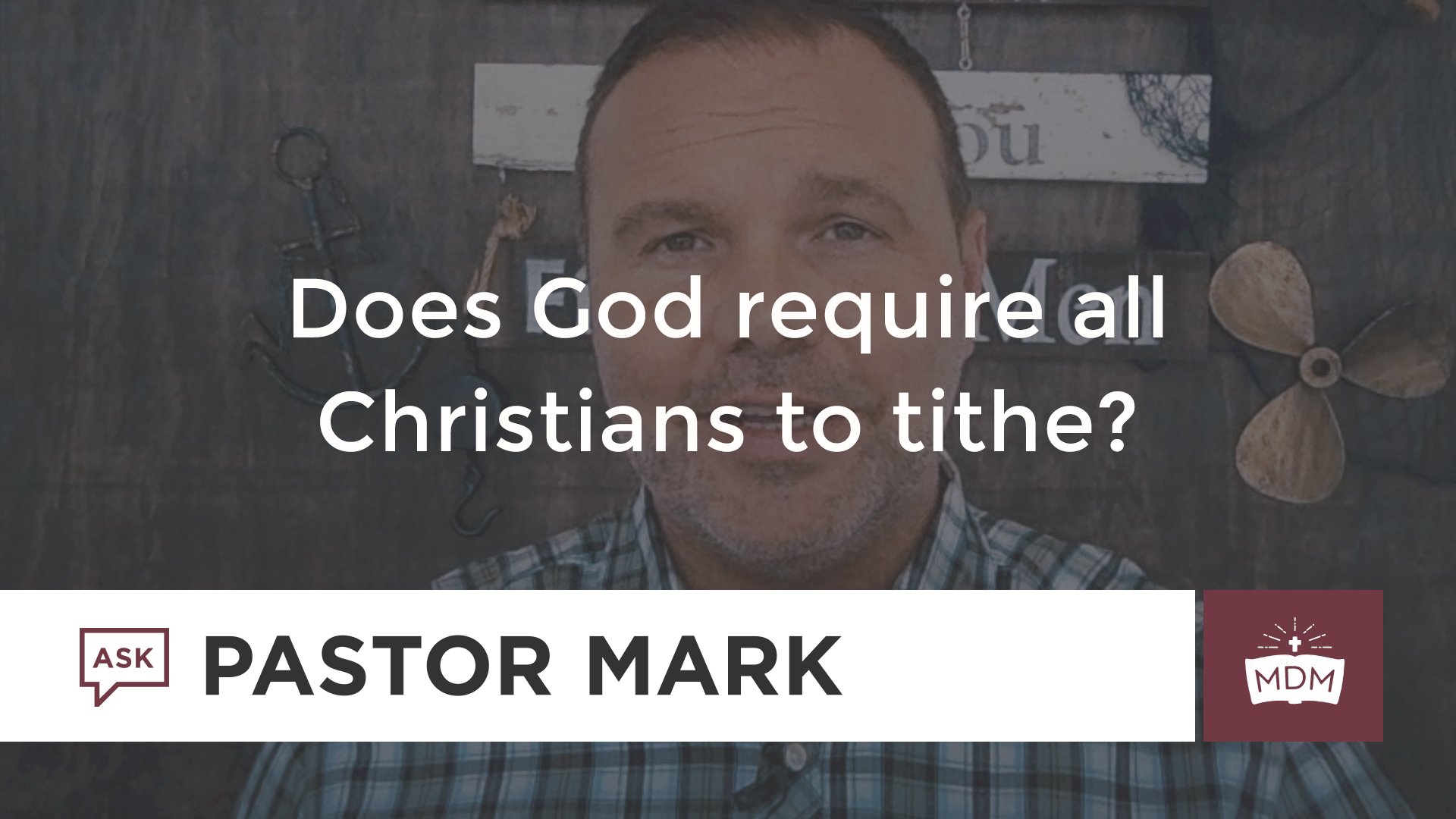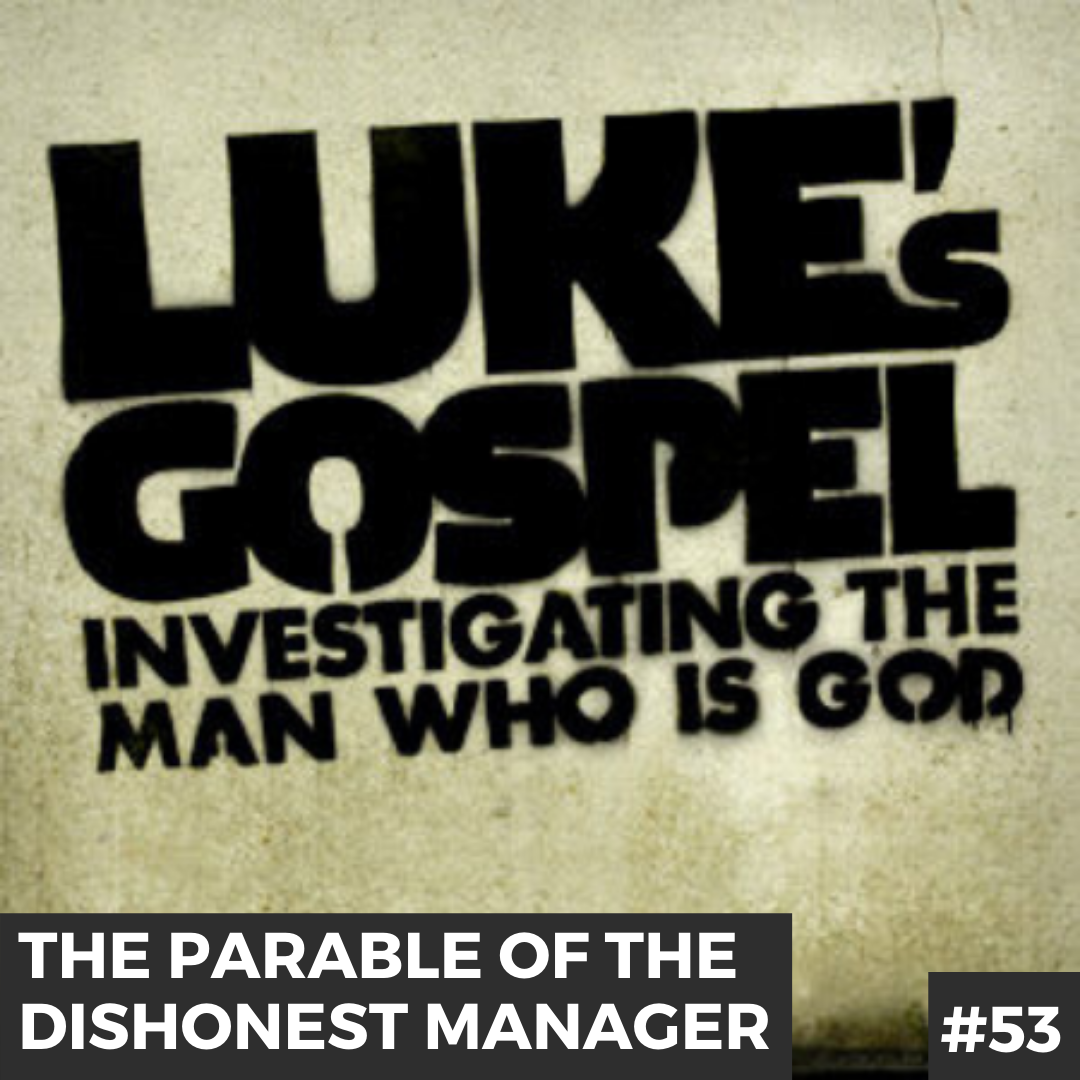You Shall Not Steal (Part 2)
“You shall not steal.” – Exodus 20:15
Q: What is the eighth commandment?
A: You shall not steal.
What does this mean?
Because we worship and love God, we shouldn’t take other people’s money or property and cheat them, but instead we should help them improve and protect what belongs to them.
Do you ever wake up in the morning and wonder if you’ll have breakfast to eat? Do you wonder if your parents will provide for you in this way? Sadly, some children around the world would have to say “yes” to these questions. They have no adults to lovingly care for them and their needs. But if your parents are reading this to you right now then most likely they feed you breakfast in the morning. You should be thankful for that!
God wants us to think about him like this. Just like you probably don’t stress out about whether or not you’ll have breakfast in the morning, God wants us to remember that he is our heavenly Father and he loves to provide for his children just like your parents love to provide for you. He will be there for you and will give you what you need.
Because this is true, we don’t have to steal to get what we need. God will provide what we need. He loves to give good gifts to his children and he has said that if we have food and clothing we should be content (1 Timothy 6:8).
Read Matthew 6:25–33:
“Therefore I tell you, do not be anxious about your life, what you will eat or what you will drink, nor about your body, what you will put on. Is not life more than food, and the body more than clothing? Look at the birds of the air: they neither sow nor reap nor gather into barns, and yet your heavenly Father feeds them. Are you not of more value than they? And which of you by being anxious can add a single hour to his span of life? And why are you anxious about clothing? Consider the lilies of the field, how they grow: they neither toil nor spin, yet I tell you, even Solomon in all his glory was not arrayed like one of these. But if God so clothes the grass of the field, which today is alive and tomorrow is thrown into the oven, will he not much more clothe you, O you of little faith? Therefore do not be anxious, saying, ‘What shall we eat?’ or ‘What shall we drink?’ or ‘What shall we wear?’ For the Gentiles seek after all these things, and your heavenly Father knows that you need them all. But seek first the kingdom of God and his righteousness, and all these things will be added to you.
1. If you were tempted to steal, do you think these verses might help you stop? How so?
2. Why does God command us not to be anxious?
3. Do you think God is aware of your needs?
4. Can you name some ways that God has provided for you in the past?
Prayer
Our Father, thank you so much that you have promised to provide in the future. We trust you. The evidence of this is our past. You have been so faithful to give us what we need in the past. May remembering this give fuel to our faith in the future. In Jesus’ name, Amen.










